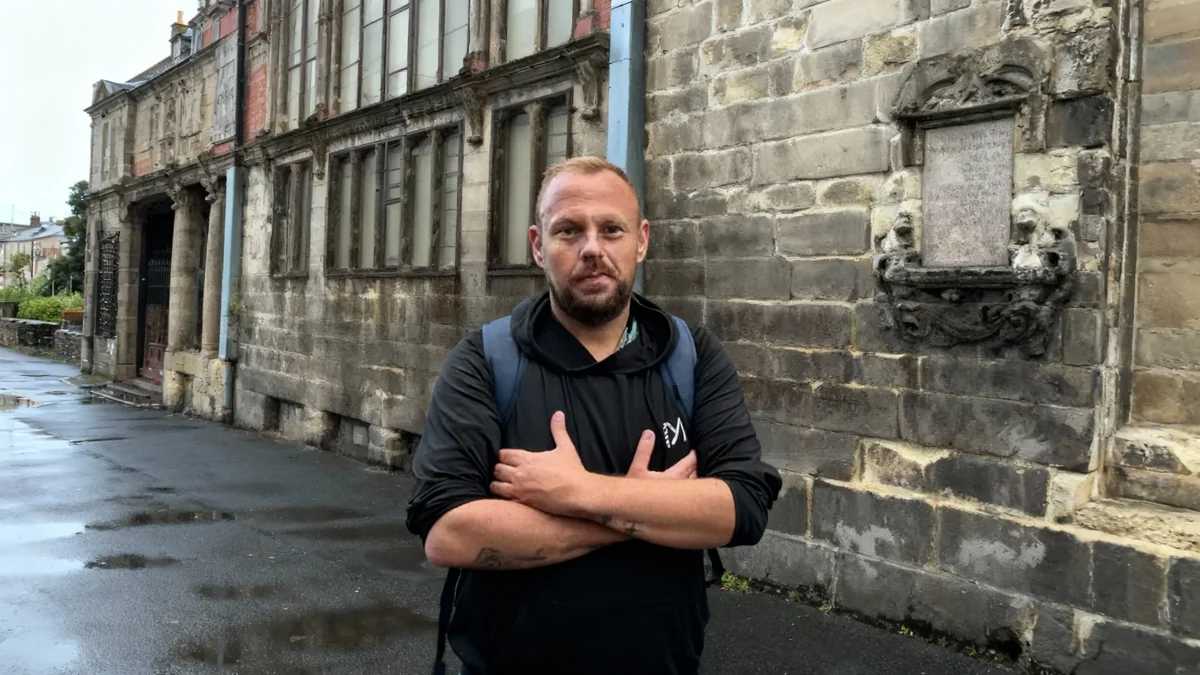Chancellor Rachel Reeves has confirmed the government will proceed with the Northern Powerhouse Rail (NPR) project, a plan that includes a new high-speed rail line connecting Liverpool and Manchester. The announcement was made during a speech at the Labour Party Conference held at the ACC Liverpool on Monday, September 29.
The project, which has faced significant delays and revisions over the past decade, aims to improve connectivity and stimulate economic growth across the North of England. This confirmation reaffirms the government's commitment to the long-discussed infrastructure upgrade.
Key Takeaways
- Chancellor Rachel Reeves announced the Labour government will "push ahead" with Northern Powerhouse Rail.
- A core component of the project is a new high-speed rail line between Liverpool and Manchester.
- The project has a history of delays since it was first proposed in 2014.
- Regional leaders estimate the Liverpool-Manchester line could generate a £15 billion economic boost and support 22,000 jobs.
Government Pledges to Advance Key Northern Infrastructure
During her address at the Liverpool Exhibition Centre, Chancellor Reeves positioned the rail project as a central part of the government's strategy for the North. She emphasized that the plan, which previous administrations failed to deliver, is now a priority.
The Chancellor also mentioned the ongoing Transpennine route upgrade, which will improve links between Manchester, Leeds, and York. However, the focus on NPR signals a significant investment in east-west connectivity across the region.
“This Labour Government will push ahead with our plans for Northern Powerhouse Rail. Plans never delivered by the Conservatives, plans opposed by Reform, but backed by this Labour Government,” Reeves stated to the conference attendees.
She framed the decision as a direct investment in the region's future, intended to address years of underinvestment and improve daily life for residents.
“A vote of confidence in the north of England to get people to work, to connect families, to create jobs and to build prosperity in towns and cities scarred by underinvestment for far too long,” she added.
A Project with a Complex History
The Northern Powerhouse Rail initiative has been a topic of political discussion for over a decade. The concept aims to drastically reduce travel times and increase capacity between major northern cities, including Liverpool, Manchester, Leeds, Sheffield, and Hull.
Project Timeline
The idea for NPR was first introduced in 2014 by then-Chancellor George Osborne. However, the project was later scaled back under Boris Johnson's government. More recently, former Prime Minister Rishi Sunak cancelled the northern leg of the HS2 high-speed rail project, reallocating some of the funds to other regional transport schemes, including NPR.
Following the cancellation of HS2 north of Birmingham, approximately £12 billion was earmarked to fund the Manchester to Liverpool section of Northern Powerhouse Rail. This specific link has been a focal point for regional leaders who see it as essential for unlocking economic potential.
Despite previous commitments, concrete plans have been slow to emerge. In June, Ms. Reeves had suggested that detailed plans for the project would be published within weeks, a deadline that passed without an announcement. Her latest statement at the conference serves as a firm public recommitment, though a detailed timeline is still awaited.
Economic Impact and Strong Regional Support
The push for a new Liverpool to Manchester line has been strongly supported by local and regional leaders. Steve Rotheram, Mayor of the Liverpool City Region, and Andy Burnham, Mayor of Greater Manchester, have been vocal advocates for the project for several years.
The two mayors have consistently argued that modern, high-speed rail infrastructure is critical for the future of the North West. They believe it will not only improve commuter journeys but also attract investment and create a more integrated economic area.
Projected Economic Benefits
- £15 billion boost to the regional economy.
- 22,000 jobs supported during the construction phase alone.
- Improved connectivity for businesses and commuters between two of the North's largest economic hubs.
Earlier this year, both mayors traveled to London to present their case for the investment, highlighting the transformative potential of the rail line. Their campaign has emphasized that the project is not just about faster trains but about leveling up the country's economic geography.
Broader Economic Vision
In her speech, Chancellor Reeves also outlined the government's wider economic strategy. She rejected the view that the UK economy is fundamentally broken, stating, “I fundamentally reject that. It’s not the country I see around me, not the future that I believe in.”
Reeves acknowledged ongoing challenges for households and businesses but presented a plan focused on long-term growth and stability. Key elements of her strategy include:
- Overhauling the planning system to accelerate development.
- Reforming the pension system to encourage investment.
- Launching a national wealth fund to invest in British industry.
- Pursuing new trade deals with India, the United States, and the European Union.
She explained that the government's first year was focused on stabilizing the economy, while the second year will be about “building a renewed economy for a renewed Britain.” The Chancellor stressed the importance of fiscal responsibility, noting that reducing debt interest payments is essential for funding public services.
During the speech, a brief interruption occurred when a pro-Palestine protester addressed the hall. Ms. Reeves responded by stating, “We understand your cause and we are recognising a Palestinian state,” before continuing with her address.





